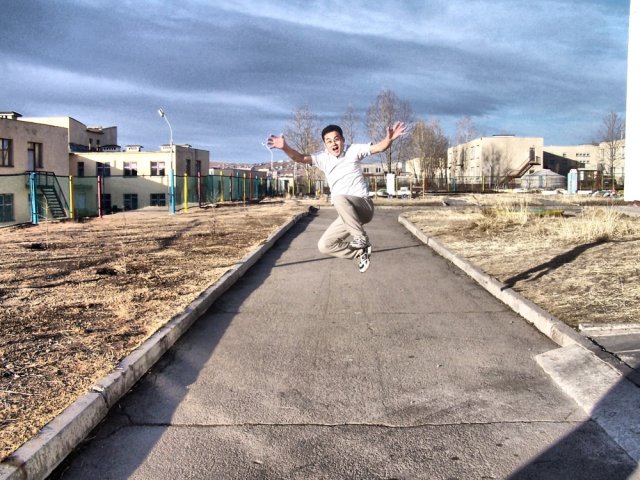
It’s two weeks since the start of the New Year, and if you’re like me, then you have probably not carried out all your New Year’s resolutions out to the extent which you’d like. Often when we lapse from our original intentions, we feel that we have somehow failed, and basically give up altogether – however there is no reason why we cannot simply pick up where we left off and make a fresh start.
My New Year’s resolution was to introduce more fresh fruit and veg into my life, and to cut down on eating fatty an sugary foots, and also maybe reduce a little those high-carb lunches that made me want to go to sleep for a couple of hours in the middle of the day. Unfortunately (for the resolution) I began the New Year whilst on a visit to Malaysia, and of course couldn’t resist indulging in quite a few of that countries delicacies only a couple of days into the resolution. But I’m home now, with a recently acquired supply of fresh fruit and veg, ready to start again.
Change your attitude to failure
Often when something happens and we don’t keep up our resolutions for a day or so, we often feel that that’s it, and the resolution is now broken. But imagine if we had that attitude as a baby, when we were learning to walk? Think of the countless times a baby tries to stand up, only to fall back down again. Failure is an experience every one of us deals with at some point or another, the important thing is not to be discouraged into giving up altogether.
sDon’t think of success; think of progress
Often we have an all-or-nothing approach to changing our lifestyle for the better. However, the process of making resolutions should not be a cycle of making targets and then feeling bad because you didn’t achieve them, there should be some joy in the process! In other words, we should be happy at any changes we do make, and take them as as positive signs of our own progress, rather than bemoaning our inability to transform ourselves overnight. If we have that attitude, it is much easier to accept ourselves and keep trying to improve, sespite the setbacks.
Adjust your goals if necessary
Sometimes it takes a setback for one to realise that their goals need modifying – you can think of it as a practice run. Something that helps for me is to change the nature of the resolution to give it a finite time frame. The mind tends to respond with negativity when faced with something stretching off into the indefinite future, so by saying you’re going to implement the resolution for the month of January or for the next two weeks, it peresents a much more finite challenge to the mind. Hopefully by the end of that timeframe, the habit will have well and truly stuck, and you’ll be well on the way to making a permanent change.
(Photo: Projjwal Pohland, Sri Chinmoy Centre Galleries)
ps I’ve changed my first name from Shane to Nirbhasa, which is a name given to me signifying all the best qualities of my soul. It is a Sanskrit word, and relates to the soul shining forward from within. So you’ll see a different name at the start of all the posts from now on 🙂








